A Fair Go
April 7, 2021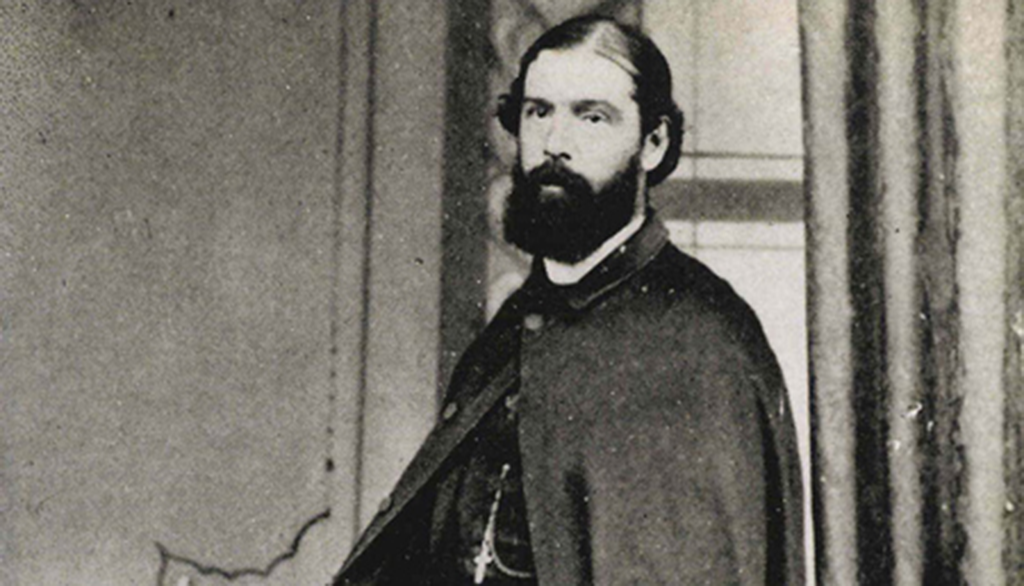
The Christian belief is that all people are equal in God’s sight.
The Christian concept of love of neighbour is starkly different from the self-seeking competitiveness we often find in today’s world. Jesus identified with the poor and marginalised people, whereas current society often highlights the rich and powerful for adulation. Jesus advocated for a society of justice, freedom and peace. It was this type of society, this concept of love of neighbour, of fairness and justice, that Julian Tenison Woods lived and promoted.
2021 Easter Reflection from Sr Monica
April 4, 2021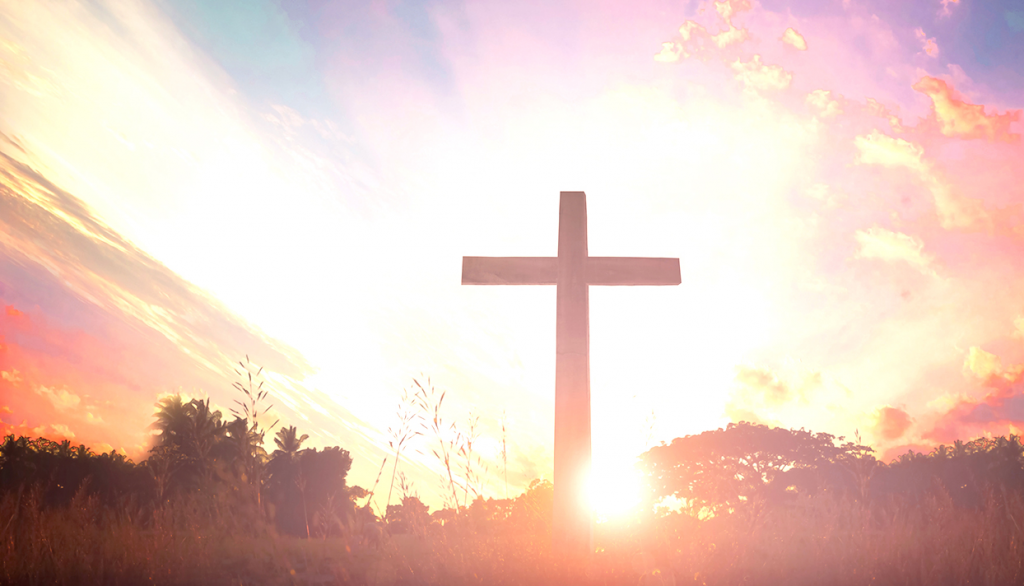
Today we celebrate the great feast of the Resurrection in our Christian Tradition. Over these past few days, we have stood at the Cross with Mary and the other women in silence and disbelief at what has taken place. We have waited at the tomb with the women grieving the loss of their friend Jesus whom they had steadfastly supported in his ministry. We have witnessed the Resurrection with Mary Magdalen and we have been sent forth to be Easter people with hearts full of joy.
Josephite Light Shines on Peru Mission’s 40th Anniversary, Despite COVID-19
April 1, 2021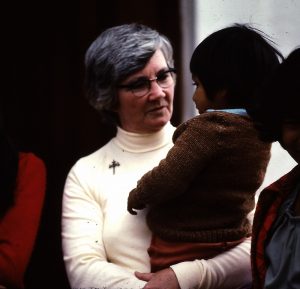
For four decades the Josephite mission in Peru has maintained the spirit of St Mary MacKillop through many hardships—all of them shared with the Peruvian people.
The COVID-19 Pandemic is the latest challenge faced by the mission, which celebrated its 40th year on 1 April.
Sister Clare Conaglen spent 16 years in the mission and recently returned to Australia to take up a position on the Congregational Leadership Team. She agreed to share some of her insights about the situation in Peru and the achievements of the mission over four decades.
Mary MacKillop Heritage Centre Farewells Respected CEO
March 30, 2021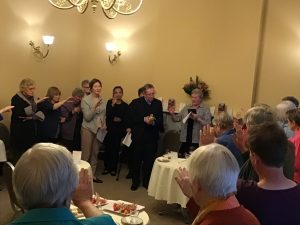
Many Sisters and Staff gathered in the Conference Room at the Mary MacKillop Heritage Centre on 3 March to thank and farewell their devoted CEO of 15 years, Garry McLean.
The guests enjoyed drinks and canapes and time to mingle prior to the formal message of acknowledgement and farewell from Sr Anne Tuck, read by Receptionist Kate Warlond in Anne’s absence.
Over the past 15 years Garry has been the passionate guardian of the story of Mary Mackillop and Julian Tenison Woods and has facilitated the spread of that story across Victoria and beyond.
Easter Reflections 2021
March 28, 2021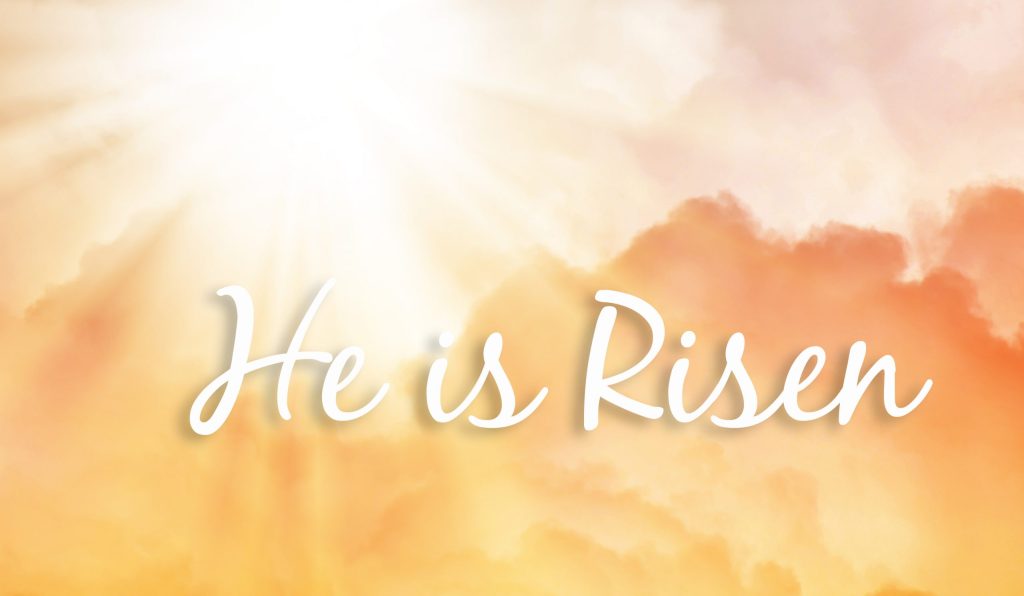
Easter is a time for reflection and expressing our love for Jesus.
For this time, provided below are four reflections you can use for Passion (Palm) Sunday, Holy Thursday, Good Friday and Easter Sunday.
In the Spirit of Transformation – Saint Oscar Romero
March 24, 2021Holy Cross College, Ellenbrook, Western Australia: In the Spirit of Transformation – Saint Oscar Romero
These were the words said by Saint Oscar Romero shortly before being assassinated while saying Mass on 24 March 1980. An outspoken advocate for the Salvadoran people, Romero was often described as the “voice for the voiceless”; working tirelessly to speak out about extreme poverty, violence, and social injustice amid a growing war between left and right-wing forces. His life was one of great personal transformation. It was the murder of a close friend – Father Rutilio Grande – which catalysed Romero’s rebirth from a shy, “conservative” man into a revolutionary ready to give his life for justice to be served.
The Wonder of Water
March 22, 2021These words of Jesus speak his deep desire for us, but also speak his call to us to bring about fullness of life for All.
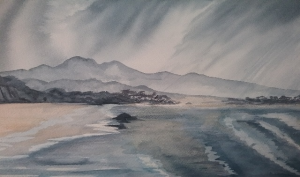
All does not just mean we, human beings, but All of Creation. As David Suzuki says in his Declaration of Interdependence: “We humans are but one of thirty million species weaving the thin layer of life enveloping Earth.” [1]
The care and preservation of life on Earth is the responsibility of every human being. We are creatures with a consciousness, ever awakening, from our ancestral heritage of some four and half billion years ago when life evolved on Earth. We emerged from the oceans, formed joints and lungs and walked upright, just 300,000 years ago. We are from water, we are of water!
Feast of Saint Joseph 2021
March 19, 2021
Sr Monica’s video message.
Feast of Saint Joseph (19 March)
On 8 December 1870, Pope Pius IX declared Saint Joseph as the Patron of the Universal Church. Pope Pius IX was the Pope with whom Mary MacKillop met in Rome in 1873. On 8 December 2020, Pope Francis wrote his Apostolic Letter, Patris Corde (With a Father’s Heart), to mark the 150th Anniversary of the Proclamation of Saint Joseph as Patron of the Universal Church. He declared the Year of Joseph to be honoured and celebrated from 8 December 2020 to 8 December 2021. Devotion to Saint Joseph has a long history in the Church and the more recent Popes have given a new emphasis to the importance of Saint Joseph in our Christian Story.
On 19 March 1866, Mary MacKillop and Father Julian Tenison Woods placed the work of this new Institute (Sisters of Saint Joseph) under the care of Saint Joseph.
